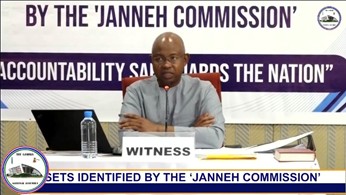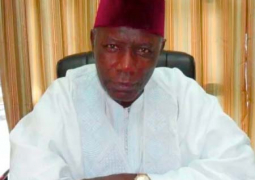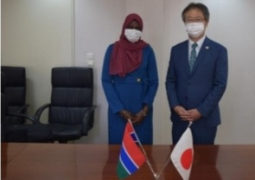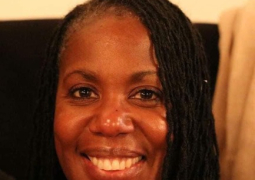
When the session began, counsel drew Barry’s attention to Phase Two of the asset disposal exercise covering properties in Kanifing and the West Coast Region. Unlike Phase One, which focused mainly on Banjul, Phase Two had fewer properties but came with its own hurdles.
“Phase 2 has the least number of properties in terms of what was sold,” Barry confirmed, adding that the process was guided by approvals from the Ministry of Justice that came in batches.
According to him, the bidding process for Phase 2 began around late September or early October 2019, with a deadline set for October 18th, 2019.
Five properties were sold during this phase, out of sixteen identified. The first to go was the Bakau CFAO property, sold for D21 million, above its D18.1 million guide price.
“All bids were opened in the presence of the Solicitor General and the Director of Civil Litigation,” Barry explained.
The counsel probed why a private valuer was engaged for the second phase, instead of relying on the Commission’s own valuation reports. Barry justified the move, saying earlier valuations appeared low.
“If you take the guide price and compare it against the actual sale price, the sale price was higher on average by 46%. We thought the guide price was a little bit low, so we decided to get an independent valuation for better value.”
That independent valuer turned out to be Francis Jones and Associates, who later handled valuations for Phases Two and Three.
Despite this, Barry admitted he never personally reviewed the Commission’s valuation reports before deciding on fresh assessments.
“I guess by intuition, we believed that the new valuation would be higher. And it turned out to be right; D13 million compared to 21 million,” he said, calling it luck that the gamble paid off.
The second property sold under Phase 2 was at 16 Kairaba Avenue, where the highest bidder initially offered below the guide price.
“We convinced him to increase it to the guide price,” Barry revealed, explaining that small gaps between bid and guide prices were often closed through negotiation. “The idea is really to sell the property, not to keep it.”
Other Phase 2 properties such as those in Brufut Gardens followed similar procedures, with all bids opened collectively to save cost and ensure transparency.
When asked about whether he received outside help in marketing or selling the properties, Barry firmly denied any such assistance.
“At no point did I get help from any business or public official,” he said. “We advertised in the papers and on the website. After the first sale, people were even asking when next we’d bring properties into the market.”
He explained that the Attorney General’s Chambers and the Sheriff’s Office were mainly involved in identifying properties and issuing eviction notices to occupants.
“The evictions were handled by the Sheriff’s Office,” Barry clarified. “We worked closely with one Mr. Momodou Musa from that office.”
Legal work was handled by two law firms Bandirabeh Associates in the early stages and Amie and Associates in later phases. Initially, legal fees were covered by the Ministry’s retainership, but the arrangement later shifted, making Barry personally responsible for such payments from his own commission.
“The Solicitor General changed the agreement, so the receiver had to pay legal fees,” he said.
However, not all property transfers were completed. Barry admitted that some buyers were still waiting for their title deeds due to delays at the Lands Office.
“Most of them have received their titles,” he said, “but I cannot say 100%. There were bottlenecks at the Lands Office.”
The session also touched on unsold and disputed properties. Of the 16 Phase 2 listings, 11 remained unsold some due to litigation, others because of squatters.
For instance, the Old Jeshwang property was placed on hold after the original owner appealed to buy it back and took the matter to court.
Another case, the Citro Products property in Yundum had drawn a high bid of D46 million, but the Ministry instructed that it be returned to the government due to the difficulty of relocating the army stationed nearby.
A property at Bakau Katchically also faced complications after the only bidder withdrew, and a squatter refused to vacate the premises despite repeated notifications from the Attorney General.
The Yarambamba properties were another major point of contention. Barry initially told the Committee they were not sold but later clarified that they were sold and payment received, only for the sales to be canceled and buyers refunded because they could not access the land due to squatters.
“That’s why it’s still on the website,” he said. “We refunded the money, so they are considered not sold.”





